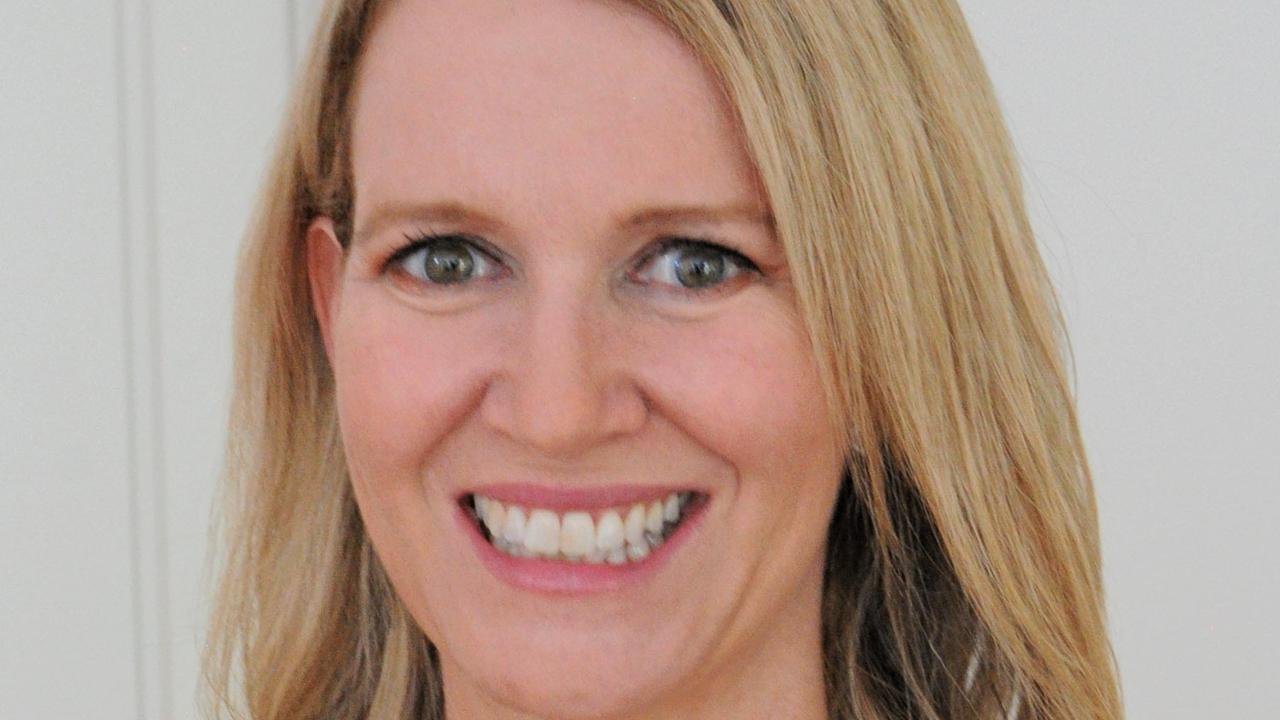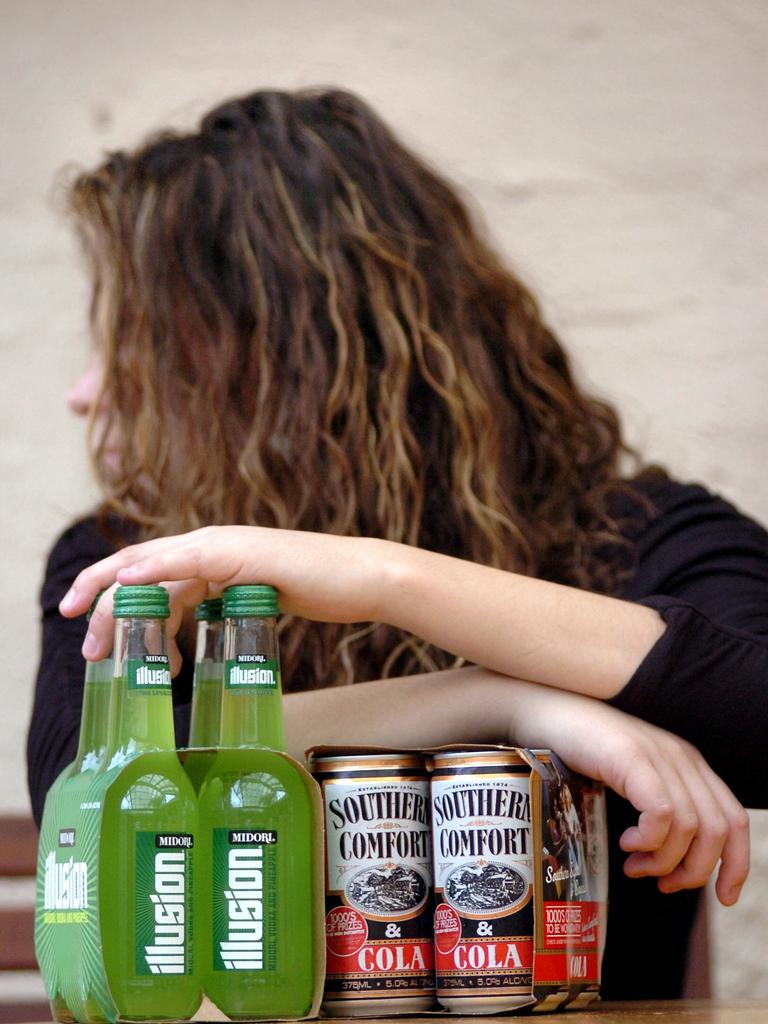New research by Flinders University reveals how parents could be adding fuel to the ‘underage-drinking’ fire
A new university study has found one of the key factors contributing to underage drinking in Australia.

SA News
Don't miss out on the headlines from SA News. Followed categories will be added to My News.
When family and friends come together for end-of-year festivities, letting your teenager have a cheeky bevvy or two doesn’t seem so dangerous.
But new research shows parents are contributing to the problem of underage drinking.
A new study led by Flinders University, surveyed more than 1197 parents across the country with kids aged 12 to 17, to understand their “motives, beliefs and attitudes”, towards supplying alcohol to their underage children.
It found that parents were more likely to give alcohol to teens, if they thought other parents were also doing so, while parents who viewed alcohol as harmful were less likely to supply it to their children.

Lead author, Professor Jacqueline Bowden, Director of the National Centre for Education and Training on Addiction at Flinders University said they wanted to see how parents’ “attitudes and perceptions” about teen alcohol consumption was linked to giving children alcohol.
Ms Bowden also explained that alcohol was the “leading individual risk factor for deaths and disabilities in people around the world, aged 15 to 24 years old – with parents “playing a key role” as the most common source of alcohol for teenage drinkers in the country.
“Parents often have the mistaken belief that it is a safe way to teach ‘responsible drinking’, but evidence shows that parental supply actually increases the chance of risky drinking,” Ms Bowden said.
“The good news is that parents can be part of the solution.
“They are the greatest resource we have, and we must listen to their experiences and work together to foster healthier attitudes toward youth drinking.”
The first of its kind study also examined parental attitudes with the ‘social clock’ concept, which refers to the belief that there are universally “accepted ages for social behaviours such as drinking and getting married.”
“Worryingly, more than 40 per cent of parents surveyed nominated an acceptable drinking age of 17 years old or younger despite the recommendation being 18 years or older,” Ms Bowden said.
“We also found a disconnect between what parents believe is happening within their community and their own practices.
“Only 11 per cent admitted to supplying alcohol for unsupervised use, despite 45 per cent believing that this practice was common among their peers indicating that parents often view community attitudes toward supplying alcohol as more lenient than their own.”
More Coverage
Originally published as New research by Flinders University reveals how parents could be adding fuel to the ‘underage-drinking’ fire









